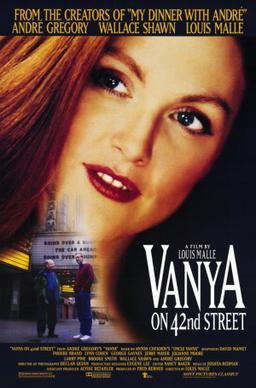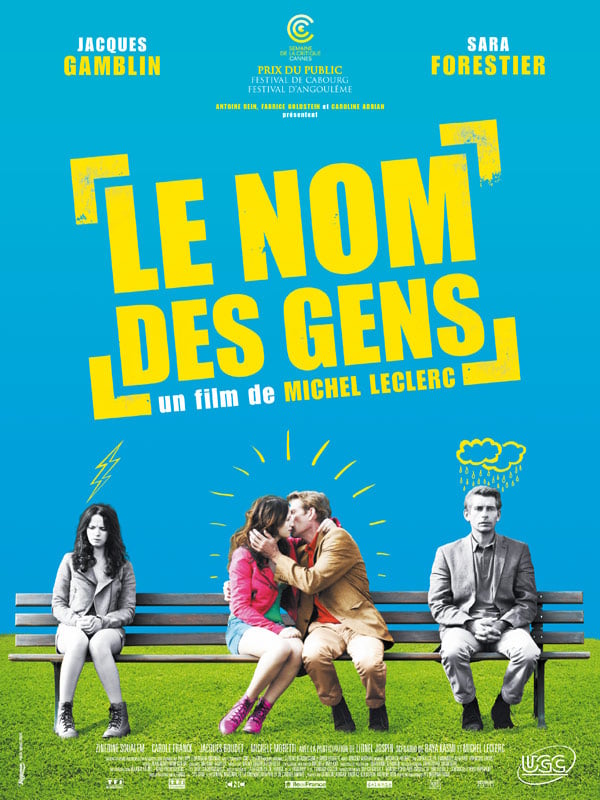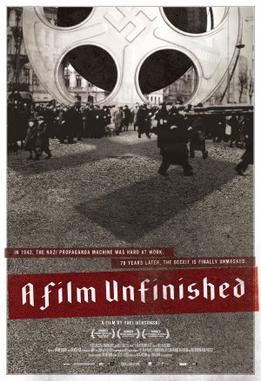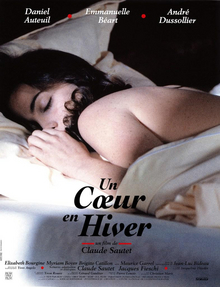Page contents: Made in Dagenham – (2010) / Welcome – (2009) / The Mudge Boy – (2003) / Vanya on 42nd street – (1994) / The Names of love – (2011) / I'm glad that my mother is alive – (2009) / Good Neighbours – (2010) / Manners of dying – (2004) / A heart in winter – (1992) / The Last Seduction – (1994) l / The Baader Meinhof complex – (2008) / The Company Men – (2010) / Midnight in Paris – (2011) / All watched over by machines of loving grace– (2011)
http://www.impawards.com/intl/uk/2010/made_in_dagenham_ver3_xlg.html
Made in Dagenham (2010) - Cole
The Gals against Goliath
A very simple and sweet story about people standing up for their rights told with an impish sense of humour. Although the film has a feminist slant, you could substitute just about any other minority and the film would ring just as true. How a little grievance about better working conditions festers and transforms into something beyond the narrow cobble stoned streets of Dagenham, simply because the people involved are willing to fight for it.
The braying and nay saying (when it doesn't directly line their own wallets) of the ruling class is there; however the story is interesting in that it shows the biggest obstacle to social change is the stiff opposition from the very people that would most benefit. The lion's share of the resistance to their labour demands comes from the very people around them; from the rankle of their fellow workers; to hubby's angered by the amount of unwashed dishes mysteriously piling up in the sink; to neighbour's who believe the gals have gotten a little uppity and forgotten their place in society.
A great supporting cast that helps Rita (Sally Hawkins) along the way. At crucial moments: Bob Hoskins appears (with a twinkle in his eye) to mischievously point Rita in the right direction; Rosamund Pike, an oxford scholar turned housewife, underlines just how important their demands are when almost everyone is against her and she's ready to give up; and Miranda Richardson as the fiery Secretary of State, who despite having clear orders to shut them down and make them go away, instead gives the ladies a helping hand.
Nice things? The early 60's soundtrack. A wonderful zinger that recalls when "Hanoi Jane" was once, one of the most feared firebrands in North America. The typical steward election where no one volunteers for the post---so some poor sacrificial lamb is pushed forward to represent. There's a kind of gentle teaching suggested here. The film recalls the forgotten period before the corporations discovered (much to their chagrin) that democracy actually works and quickly and quietly implemented stealth programs to dismantle unions and muzzle all employee dissent.
Made in Dagenham ~
http://www.impawards.com/intl/uk/2010/made_in_dagenham_ver3_xlg.html
Made in Dagenham (2010) - Cole
The Gals against Goliath
A very simple and sweet story about people standing up for their rights told with an impish sense of humour. Although the film has a feminist slant, you could substitute just about any other minority and the film would ring just as true. How a little grievance about better working conditions festers and transforms into something beyond the narrow cobble stoned streets of Dagenham, simply because the people involved are willing to fight for it.
The braying and nay saying (when it doesn't directly line their own wallets) of the ruling class is there; however the story is interesting in that it shows the biggest obstacle to social change is the stiff opposition from the very people that would most benefit. The lion's share of the resistance to their labour demands comes from the very people around them; from the rankle of their fellow workers; to hubby's angered by the amount of unwashed dishes mysteriously piling up in the sink; to neighbour's who believe the gals have gotten a little uppity and forgotten their place in society.
A great supporting cast that helps Rita (Sally Hawkins) along the way. At crucial moments: Bob Hoskins appears (with a twinkle in his eye) to mischievously point Rita in the right direction; Rosamund Pike, an oxford scholar turned housewife, underlines just how important their demands are when almost everyone is against her and she's ready to give up; and Miranda Richardson as the fiery Secretary of State, who despite having clear orders to shut them down and make them go away, instead gives the ladies a helping hand.
Nice things? The early 60's soundtrack. A wonderful zinger that recalls when "Hanoi Jane" was once, one of the most feared firebrands in North America. The typical steward election where no one volunteers for the post---so some poor sacrificial lamb is pushed forward to represent. There's a kind of gentle teaching suggested here. The film recalls the forgotten period before the corporations discovered (much to their chagrin) that democracy actually works and quickly and quietly implemented stealth programs to dismantle unions and muzzle all employee dissent.
Made in Dagenham ~
Last edited by thracian dawg; 10-18-18 at 02:24 PM.




 Thanks
Thanks 











